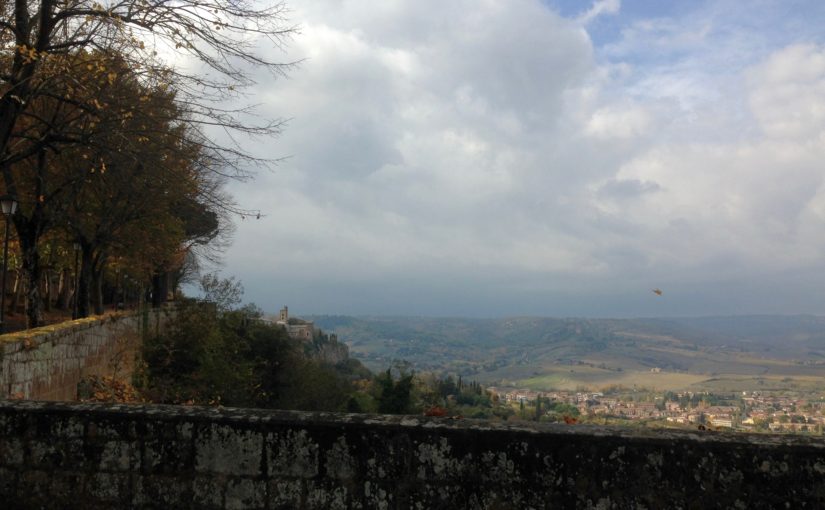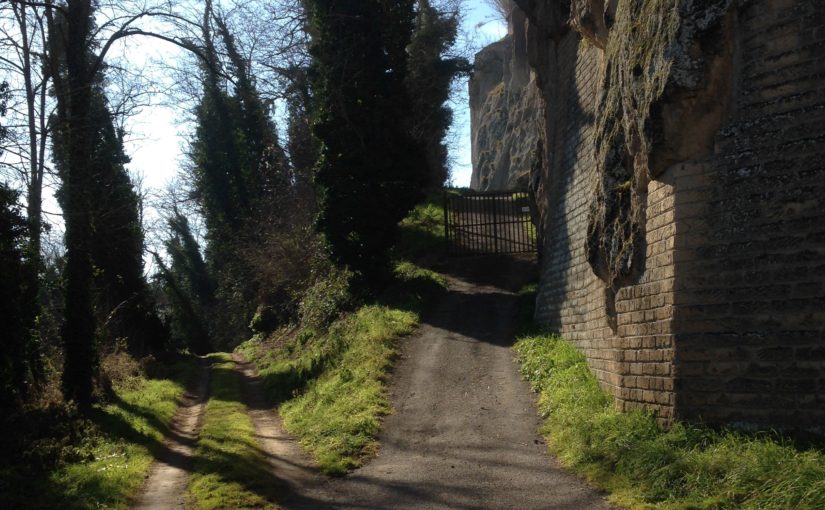I’ve been struggling to find a way of chronicling what is going on as a result of my engagement with the Parkinson’s Recovery Project. I don’t want to write about the hypothesis and techniques involved, Janice Hadlock, the Project’s founder and principal practitioner, does that far better than I could ever hope to do. But without covering that ground, it’s difficult to talk about my experiences at all. So, I’m just going to write about my day, and perhaps an accumulation of days will express a process of recovery and healing.
Recovery and healing rarely travel in straight lines, no matter what the situation, and a record of my days (not all of them, but perhaps Sundays) won’t necessarily look like a healing to the observer, but rest assured, something positive is unfolding, and hopefully in a month or two that will become more apparent.
First of all, my left foot is still in pain from the surgery on the Achilli’s tendon of last summer. The pain is not in the tendon, which is, I am told, a good thing, it’s to the inside of the ankle and prevents me from walking. I’d been able to take four walks this week, the almost flat and partially macadamized route to the cliff at San Giovenale. But the foot doesn’t respond well to daily use. So, when I am crazy for a stroll, I have to content myself with pacing the apartment. That has also become the only way I can get to sleep at night; pace for twenty minutes and I’m down as my head hits the pillow, neglect it and my body waits until I get up and do it. And that was the case last night. I was tired, I went to bed, dozed for like four minutes then lay there with no interest at all in sleep until I got back up and walked the walk. It was a lousy walk, the left foot hurt with every step and I was wobbly as hell, but it did the trick.
This morning my early task was to write my friend Giuseppina whose husband Franco is a retired acupuncturist. At the first Italian language performance of Colloquia in June 2019, the audience hung out after curtain call not content that the evening had concluded. So, first Giuseppina, then Franco, stood and made extemporaneous speeches about the power of theatre in building communities. I could not have been more astonished. So yesterday when acupuncture came up in conversation with my American friend Candace, and as I watched myself reject the possibility that Franco would agree to give me treatments, I finally connected my need with their post-show speeches, and understood that I was just being shy. I messaged Giuseppina on Facebook. She wrote back immediately and Franco will make a house call tomorrow afternoon. Acupuncture has been remarkably effective in relieving pain before, so my hopes run high.
A few more tasks like that brought me to lunch. I’m sick of my own cooking. I want to walk, yes, and to an eatery where I can sample someone else’s version of lunch. But the ankle was bad and I knew a walk would be unpleasant and counterproductive, so I fixed a salad. Now eating is among those activities that can (but not always) cause my nose to run, and such was the case at lunch today. I blew my nose between bites at least a dozen times, then – had I been counting – I lost track. That enraged me, and by the time I finished, I was ready to throw things. Laundry was next, so I contented myself with kicking a plastic clothes basket a few times while shouting expletives. Then I lay down in the sun that streams onto my bed in the early afternoon.
Once I’d relaxed a bit, I tried doing some of the techniques relating to recovery, but after a few minutes I dozed. I woke to one load dry and a second ready to go in, so I did that and lay down again, this time at least touching more firmly on the techniques. My legs didn’t contract as they have been doing when I lay on my back, so I ended with a silent thanks.
After laundry was put away, I hobbled to the study to see if I could work. Now, the week was marked by the arrival of Apple TV on Wednesday. On Thursday, I was limber enough to physically set it up, and watched Cinema Paradiso because I stumbled across it. There were no subtitles, but I wept and sobbed my way through just the same. Friday afternoon, I watched The King of Hearts and realized that I’d formed crushes on every actor in that film way back in the early seventies, and had not recovered even a little in the decades since. But my goal was to watch The Dig.
I found the film on Netflix on my computer, but it would not show up on the tv. So, I tried AirPlay, and Mirroring, and whatever else was suggested. Nothing worked. I wanted to walk off my frustration, and that I couldn’t increased it. I finally tried streaming the film from my phone to the tv, and got the message that I had to use the television app instead of the phone app. Then something odd and wonderful happened. Because I had let the film play for a few minutes on my phone, it was now listed on the tv as “recently watched” so I chose “play from beginning” and the rest was history.
However, all those attempts at coupling computer and tv seemed to have had a negative side effect. Since my first effort at media magic, when I’d come back to my computer all the windows on the external display were screwed up, repositioned, and resized. This had never happened before, and as I keep a lot of things open, it is incredibly tedious to put everything back. Once I’d found the workaround for The Dig, I shut off all mirroring or streaming options to prevent the windows from going nuts again, but this morning when I logged on, everything was chaos.
This afternoon after a raging lunch and laundry, when I sat to work the windows were all screwed up, again. Need I mention that this enraged me? And I wanted to walk it off, couldn’t, so I screamed a lot and eventually found a little app that will probably fix the problem.
Two things are almost guaranteed to annoy me beyond reason; petty and bothersome bodily malfunctions and problems with electronics (many years ago it was typewriters that would make me ballistic – go figure). Today, I got a triple whammy.
One of the central tenets of Recovery is that the “patient” feel safe. Sometimes that means finding peace with things emotional. Friday, it was hole-in-the-heart sadness. Connect the dots.

